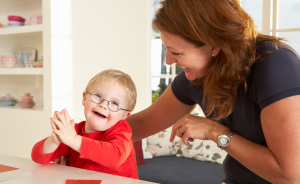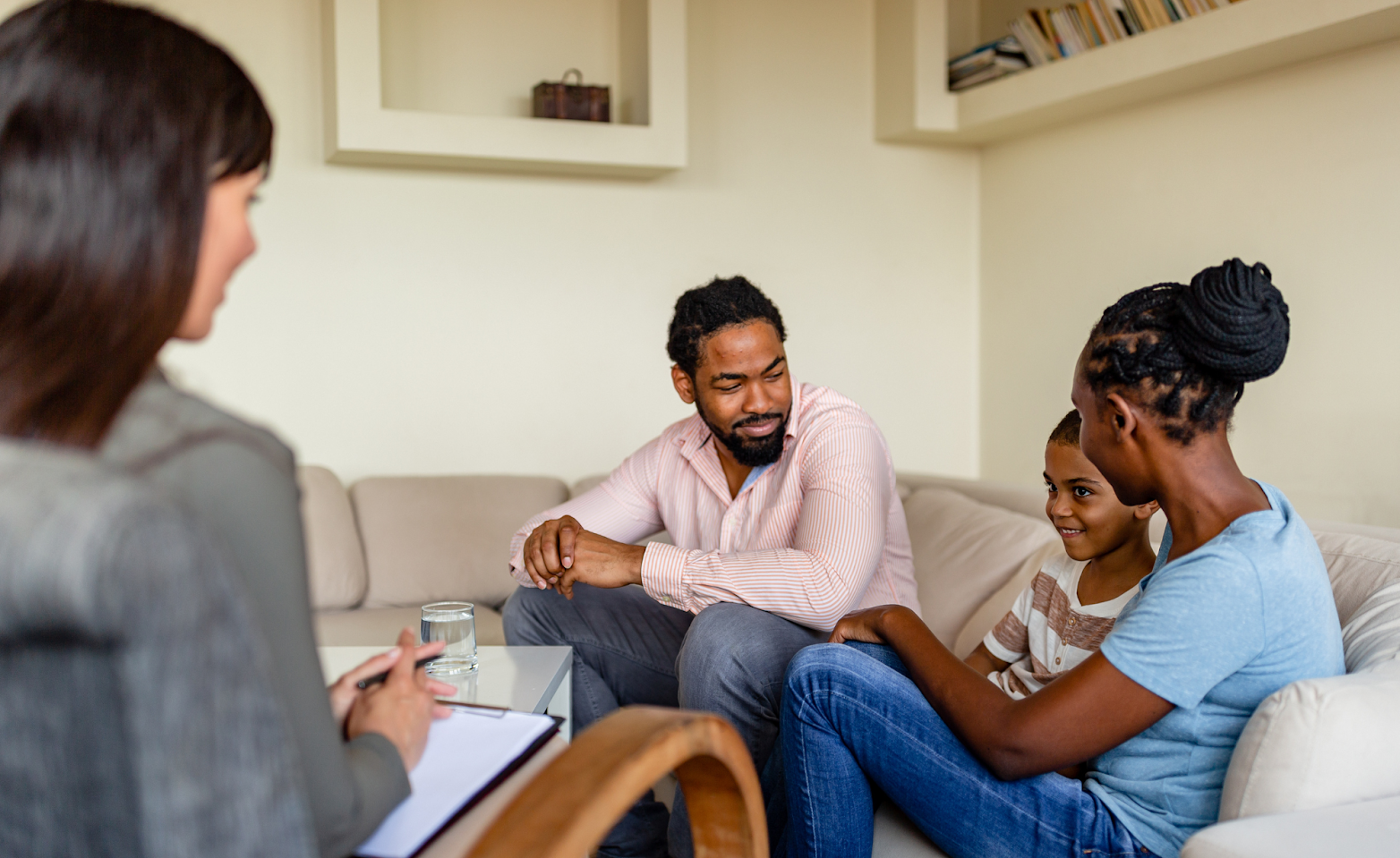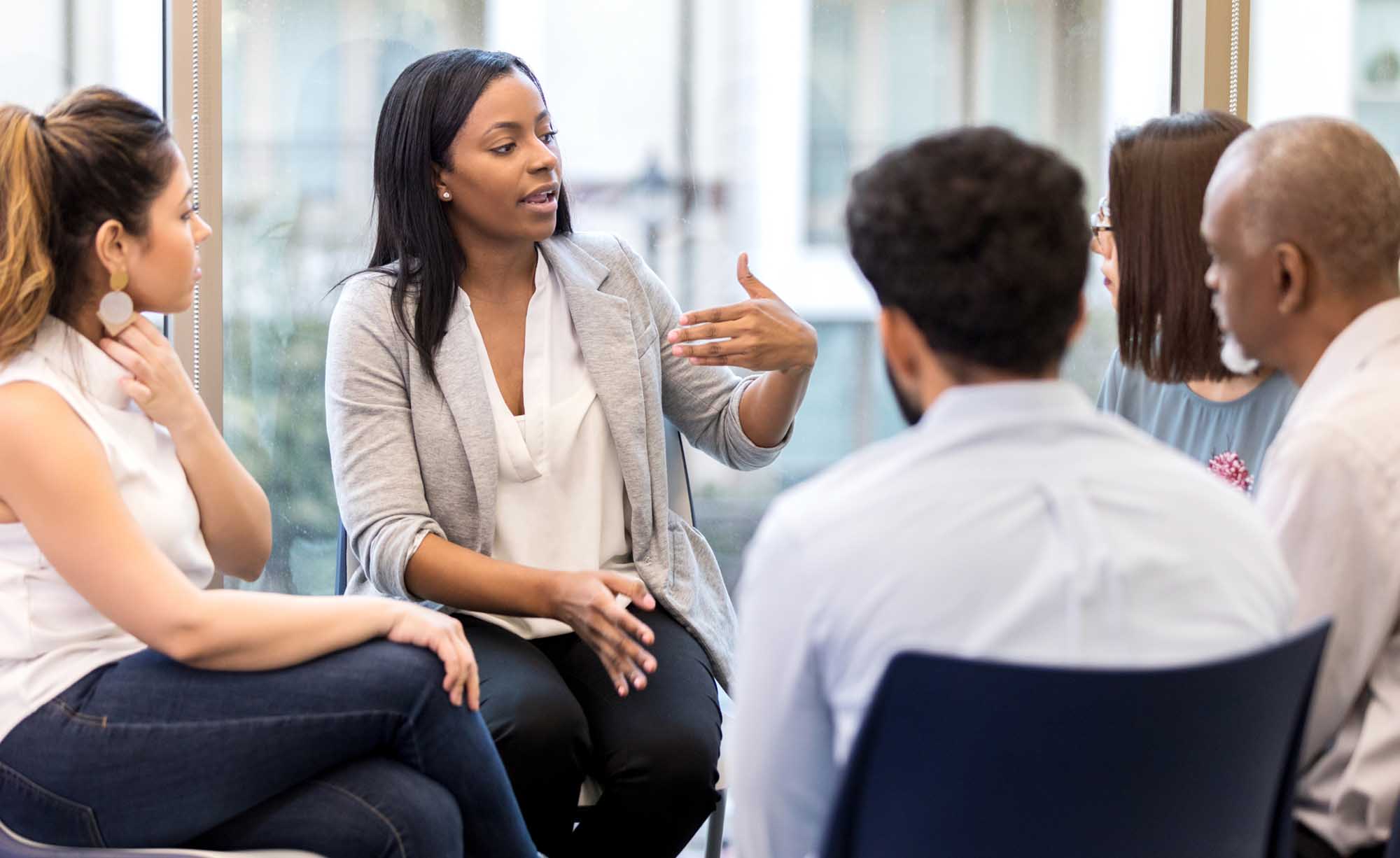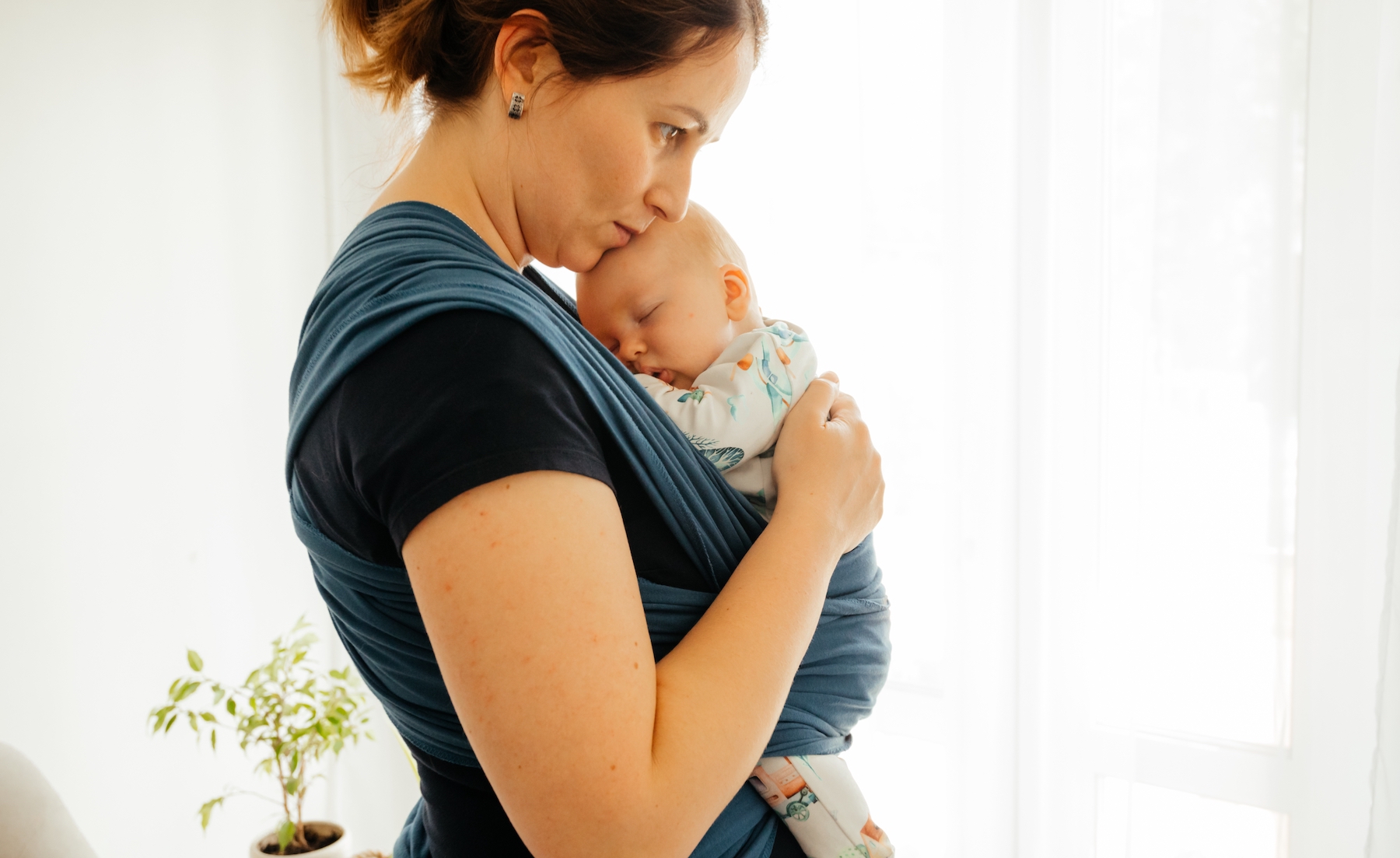Down Syndrome and the Option of Adoption
Adoption Advocate No. 157 - For many expectant parents, a prenatal Down Syndrome diagnosis brings increased complexity to parenting decisions, whether the pregnancy was planned or unplanned. This issue of the Adoption Advocate outlines the practices adoption professionals need to develop in order to competently provide specialized support and care in these delicate situations. Common questions regarding the education and experience needed when adopting a child with Down Syndrome are also addressed.
One in 700 babies in the United States is born with Down syndrome, the most common occurring chromosomal condition. Individuals with Down syndrome often have cognitive differences, weak muscle tone in infancy, and a characteristic facial appearance. Approximately 6,000 babies are born with Down syndrome every year in the United States.1
When a parent receives a diagnosis of Down syndrome for their child, it usually occurs before the child has been born. The expectant mom can either request a blood screen, or, depending on her age or past medical history, the doctor will request a blood screen, to screen for Down syndrome. If the screen comes back with a possible increased chance of Down syndrome, doctors will refer the mom to diagnostic testing, which will confirm a Down syndrome diagnosis.
For most families whose child receives a diagnosis of Down syndrome, there is a short period of grieving the loss of the child they thought they were going to have. After the grieving period, they celebrate their child with Down syndrome and move forward with seeking out information and support as they parent their child.
But there are some families who receive that diagnosis and determine that they are not best situated to parent a child with special needs. While they absolutely love their child, they feel there may be another parent or family more equipped and prepared to care for a child with Down syndrome.
Those families seek out the option of adoption. When a family voluntarily seeks out the option of adoption, it is considered private adoption. (Public or foster care adoption occurs after a child is removed from the home by state, county, or local child protection services, which is addressed later in this article.)
Grief Counseling and Adoption Options
When Down syndrome is confirmed and the expectant parents reach out for information on making an adoption plan, the first thing that needs to be recognized is that the expectant family will usually be in a state of grief. Before adoption should be discussed, grief counseling should occur. Many families in a state of grief are in “fight or flight” mode from the news and will need a chance to sit with someone and process that grief.
Once families have had time to process their grief, they will be ready and open to hearing more about Down syndrome. Many times, families will want to make an adoption plan based on antiquated views about Down syndrome, or they may have had a negative experience on which they are basing their decision.
It is important to provide updated, correct information on Down syndrome. You can find updated resources within your local Down syndrome support group, or at national organizations (these groups are listed in the resources section at the end of the article).
Connecting with their local parent group will also benefit the family. They will get a chance to talk with another family who has been in their shoes, and they can also see what resources are in their area that support individuals with Down syndrome and their families.
When grief support, Down syndrome education, and Down syndrome parent counseling is provided to new and expectant families, approximately half of those families decide to parent their child.
The Adoption Process
For those families who want to make an adoption plan, they will need just as much support as they navigate the special needs adoption process.
Special needs adoption is a process that is uniquely different from other adoption processes. Expectant parents and new families making an adoption plan for their child with Down syndrome will not know the difference; they are making an adoption plan consistent with other private domestic adoptions. But the differences for the prospective adoptive family and agency are as follows:
- Adoptive families must state that they want to adopt a child with Down syndrome (or special needs) in the motivation section of their home study. If the family is motivated to adopt a child with other special needs,the more specific, the better. Are they motivated to adopt a child with a g-tube? Limb differences? Visual impairment? Heart issues? In need of lifelong support?
- Home study workers must assess a family who is motivated to adopt a child with Down syndrome or special needs. What is the family’s experience with Down syndrome? How much education do they have about Down syndrome? Why do they want to adopt a child with special needs?
- If the adoptive family seems like a great fit to adopt a child with Down syndrome, it should be specifically stated in the recommendation section of the home study.
- When placement of a child with Down syndrome occurs, the child can receive benefits such as supplemental security income (SSI), Medicaid, and adoption assistance/subsidies. The process of applying for these benefits is made much easier if the placing agency is a nonprofit, 501(c)3 agency. These benefits are extremely valuable to the child and to their adoptive family.
Adoption from the Public Child Welfare System
When a child is removed from their home, they are first placed into a foster family. Many foster families who receive a child with Down syndrome have no experience or knowledge of Down syndrome. Providers can educate and offer support to the foster family quickly and easily:
- Reach out to your local Down syndrome parent group. They would be happy to send someone to do a home visit, bring resources to the family, and help the family with supports and resources that the child may need.
- Set the child up for an evaluation at your local Down syndrome medical care center. Many children with Down syndrome have specific medical needs such as heart issues, hearing loss, thyroid issues, etc. The medical center will make sure that the child has no issues related to Down syndrome, and if there are issues present, they will provide referrals to experts for treatment.
- Be proactive. If you have adoptive families who have stated they would foster a child with Down syndrome, encourage them to join their local Down syndrome parent group so that they can get the education and community support needed if they ever receive a child in their care.
What Causes Down Syndrome?

Down syndrome occurs when an extra copy of a chromosome is present at the time of conception. The most common form of Down syndrome is Trisomy 21, when there is an extra copy of the 21st chromosome. Instead of the typical two copies of the 21st chromosome, there are three copies. In Translocation Down syndrome, that extra copy of the 21st chromosome attaches to a different set of chromosomes. Translocation is usually inherited. Mosaic Down syndrome is when pieces of the extra 21st chromosome attach to other sets of chromosomes.
Frequently Asked Questions
How can an adoptive family gain education and experience to adopt a child with Down syndrome?
Get involved with your local Down syndrome parent group. Your local parent group will educate you on Down syndrome and will help you learn what the resources are in your area for children with Down syndrome, so that you will be ready to go when you adopt a child. Go to any workshops/programs offered, so that you can educate yourself on the various topics that surround Down syndrome, such as feeding, medical issues, therapies, etc. Volunteer for your local parent group so you can gain that experience you will need to parent a child with Down syndrome. The more experience you have in the Down syndrome world, the more confidence a birth or expectant family will have in you as an adoptive parent.
Is there an age limit to adopt a child with Down syndrome?
Most expectant and new parents who want to make an adoption plan for their child prefer no more than a 40-year difference between the adoptive parents and child because there is a possibility that the adoptive family will have to provide lifelong care to the child. The birth family wants the adoptive family to be in the life of the child for as long as possible.
How much does it cost to adopt a child with Down syndrome?
Most private, domestic, special needs adoptions cost anywhere from $15,000 - 20,000. Those fees include the fees the adoption agency charges for an adoption. What is not included, and could be additional expenses in some adoption situations are:
- Birth parent expenses
- Medical expenses of the birth mother and/or baby
- Travel expenses
Not all adoptions will have additional fees, but the potential additional expenses noted above could add a few thousand dollars to the adoption fee. There are often minimal or no fees to adopt a child from foster care, and with foster care adoption, most states provide a one-time reimbursement for expenses such as travel- or attorney-related costs.
How does an international adoption of a child with Down syndrome work?
The process to internationally adopt a child with Down syndrome is often similar to other intercountry adoption processes. Each country has their own system of structuring cases so it is important to work with an accredited adoption agency that can guide you through this process.
Can an adoptive family adopt an infant with Down syndrome from foster care?
Most children who enter foster care as infants are legally eligible for adoption between the ages of 3 to 5 years, depending on when the child entered the system; this is due to the child welfare and judicial systems prioritizing efforts toward reunification with the birth family prior to pursuing an adoption placement.
Ask the Author
Listen in as we chat with author Stephanie Thompson about down syndrome adoption and the most common questions and concerns from adoptive parents and adoption professionals. Her practical advice, personal experience, and compassionate perspective make this a great conversation to learn from.
Resources
National Down Syndrome Adoption Network (NDSAN), domestic adoption program that provides information, resources, and support to expectant and new parents whose child has received a diagnosis of Down syndrome and who are considering adoption as an alternative to parenting. www.ndsan.org
List of Down syndrome parent groups, organized by state. https://www.globaldownsyndrome.org/about-down-syndrome/resources/local-organizations/
Down Syndrome Pregnancy offers support to new and expectant parents through their books, which offer compassionate, practical, and up-to-date information on Down syndrome and parenting a child with Down syndrome. http://downsyndromepregnancy.org/books/
A Guide to Adoption Subsidies and Assistance for Adoptive Parents https://adoptioncouncil.org//publications/a-guide-to-adoption-subsidies-and-assistance-for-adoptive-parents/
List of children with Down syndrome who are looking for their adoptive family Keep this page bookmarked, as it is consistently updated. https://www.ndsan.org/adoption-process/children-in-foster-care/
Adopting a Child with Down Syndrome Webinar created by the National Down Syndrome Adoption Network that explains the work of the NDSAN, and how to adopt a child with Down syndrome within the United States. https://youtu.be/tHLbAy3s_iU
Originally published in 2021 by National Council For Adoption. Reprinting or republishing without express written permission is prohibited.




